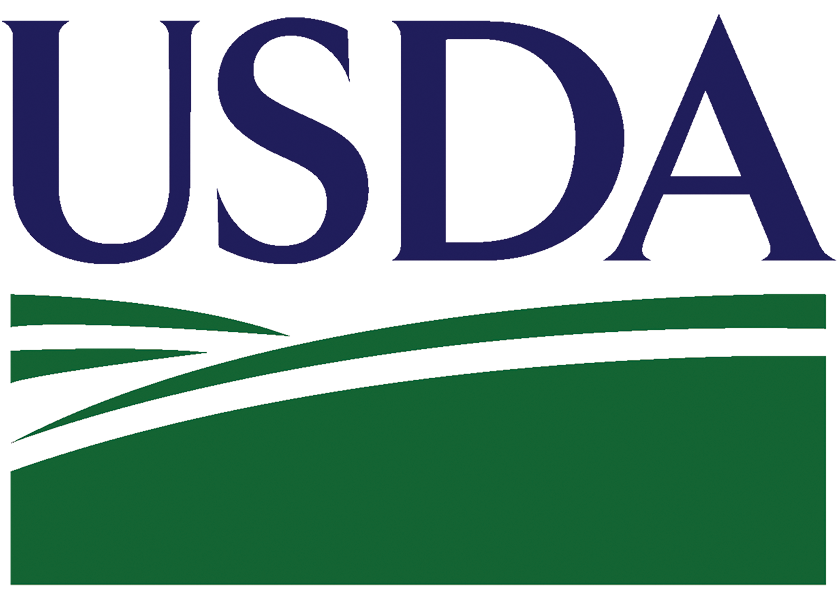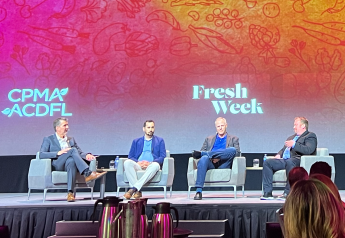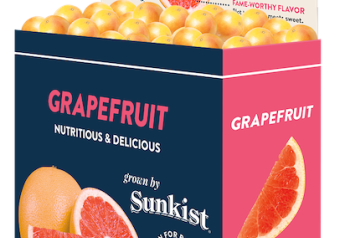USDA updates pandemic assistance for livestock, specialty crop growers

The U.S. Department of Agriculture (USDA) is updating the Coronavirus Food Assistance Program 2 (CFAP 2) for contract producers of eligible livestock and poultry and producers of specialty crops and other sales-based commodities.
CFAP 2, which assists producers who faced market disruptions in 2020 due to COVID-19, is part of USDA’s broader Pandemic Assistance for Producers initiative. Additionally, USDA’s Farm Service Agency (FSA) has set an Oct. 12 deadline for all eligible producers to apply for or modify applications for CFAP 2.
“We listened to feedback and concerns from producers and stakeholders about the gaps in pandemic assistance, and these adjustments to CFAP 2 help address unique circumstances, provide flexibility and make the program more equitable for all producers,” said FSA Administrator Zach Ducheneaux. “The pandemic has had a tremendous impact on agricultural producers, and we have made significant progress since announcing our plans in March. While additional pandemic assistance remains to be announced in the coming weeks, USDA is also ramping up its efforts to make investments in the food supply chain to Build Back Better.”
Assistance for Contract Producers
The Consolidated Appropriations Act, 2021, provides up to $1 billion for payments to contract producers of eligible livestock and poultry for revenue losses from Jan. 1, 2020, through Dec. 27, 2020. Contract producers of broilers, pullets, layers, chicken eggs, turkeys, hogs and pigs, ducks, geese, pheasants and quail may be eligible for assistance. This update includes eligible breeding stock and eggs of all eligible poultry types produced under contract.
Payments for contract producers were to be based on a comparison of eligible revenue for the periods of Jan. 1, 2019, through Dec. 27, 2019, and Jan. 1, 2020, through Dec. 27, 2020. Today’s changes mean contract producers can now elect to use eligible revenue from the period of Jan. 1, 2018, through Dec. 27, 2018, instead of that date range in 2019 if it is more representative. This change is intended to provide flexibility and make the program more equitable for contract producers who had reduced revenue in 2019 compared to a normal production year. The difference in revenue is then multiplied by 80% to determine a final payment. Payments to contract producers may be factored if total calculated payments exceed the available funding and will be made after the application period closes.
Additional flexibilities have been added to account for increases to operation size in 2020 and situations where a contract producer did not have a full period of revenue from Jan. 1 to Dec. 27 for either 2018 or 2019. Assistance is also available to new contract producers who began their farming operation in 2020.
Updates for Sales-Based Commodities
USDA is amending the CFAP 2 payment calculation for sales-based commodities, which are primarily comprised of by specialty crops, to allow producers to substitute 2018 sales for 2019 sales. Previously, payments for producers of sales-based commodities were based only on 2019 sales, with 2019 used as an approximation of the amount the producer would have expected to market in 2020. Giving producers the option to substitute 2018 sales for this approximation, including 2018 crop insurance indemnities and 2018 crop year Noninsured Disaster Assistance Program (NAP) and Wildfire and Hurricane Indemnity Program Plus (WHIP+) payments, provides additional flexibility to producers of sales-based commodities who had reduced sales in 2019.
Grass seed has also been added as an eligible sales commodity for CFAP 2. A complete list of all eligible sales-based commodities can be found at farmers.gov/cfap2/commodities. Producers of sales-based commodities can modify existing applications.
Applying for Assistance
Sign-up for CFAP 2 was re-opened in March and remains open to address inadequate initial outreach efforts to reach underserved producers and particularly those who produce sales commodities. Newly eligible producers who need to submit a CFAP 2 application or producers who need to modify an existing one can do so by contacting their local FSA office. Producers can find their local FSA office by visiting farmers.gov/service-locator. Producers can also obtain one-on-one support with applications by calling 877-508-8364. All new and modified CFAP 2 applications are due by the Oct. 12 deadline.







